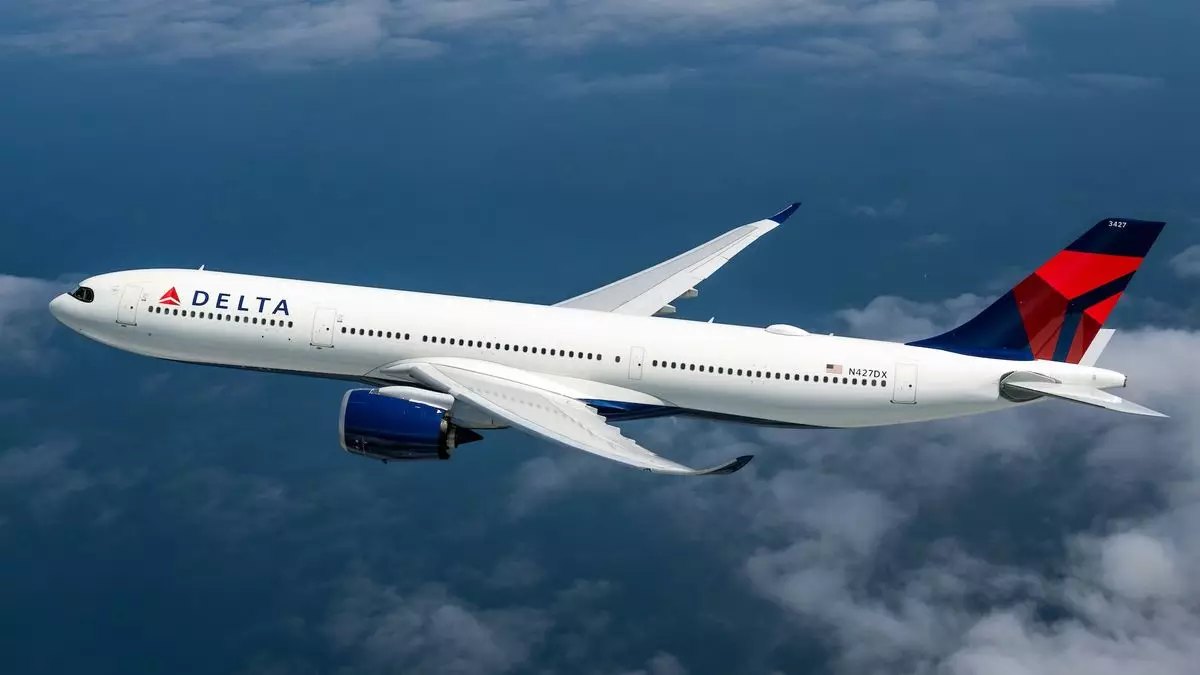On October 25, Delta Air Lines initiated a legal confrontation with cybersecurity firm CrowdStrike, alleging that inadequate safety measures led to a massive worldwide technology failure in July. This incident, triggered by a faulty software update targeting millions of Microsoft systems, resulted in the cancellation of thousands of flights, directly impacting Delta’s operations during one of the busiest travel times of the year. Delta’s lawsuit seeks significant compensation, claiming losses exceeding $500 million due to canceled flights, delayed operations, and consequential expenses incurred during this tumultuous period.
Delta asserts that the catastrophic outage could have been mitigated had CrowdStrike adhered to its own protocols for testing software updates before deployment. The airline argues that CrowdStrike’s negligence not only disrupted its services but also caused widespread chaos in the transportation sector, as the glitch echoed across various industries, including banking and healthcare. Delta’s legal filings explicitly illustrate the scale of the disaster, marking the canceled flights—approximately 7,000 over five days—as a clear indicator of the ripple effects caused by the cybersecurity lapses.
In response, CrowdStrike has vehemently rejected Delta’s claims, asserting that the airline’s portrayal of the situation is misleading. According to representatives from CrowdStrike, the issue revolves not around their cybersecurity measures but Delta’s insufficient readiness and slow recovery efforts post-outage. This rebuttal raises critical questions regarding the responsibilities of airlines to adequately prepare for and respond to tech-related failures. The cybersecurity firm has expressed intent to dispute the claims vigorously and clarify any misunderstandings regarding its technologies and practices.
The fallout from the incident has drawn the attention of the U.S. Department of Transportation (DOT), which is currently investigating the prolonged recovery process experienced by Delta compared to other airlines. Questions have arisen about the company’s customer service response during this disruption, with reports surfacing of stranded passengers—some of whom were unaccompanied minors facing considerable distress. DOT Secretary Pete Buttigieg has indicated a comprehensive review to ensure accountability and consider necessary regulatory actions moving forward.
This high-profile legal battle underscores the critical intersection of cybersecurity and operational resilience, particularly within the aviation sector. As Delta Air Lines seeks to hold CrowdStrike accountable for the extensive ramifications of the outage, there is a growing need for enhanced cybersecurity protocols, rigorous testing, and accountability measures in tech deployments across all industries. The outcomes of this lawsuit could potentially reshape industry standards and dictate how companies approach software security, emphasizing that in a highly interconnected world, the implications of technology failures can extend far beyond immediate operational setbacks.

